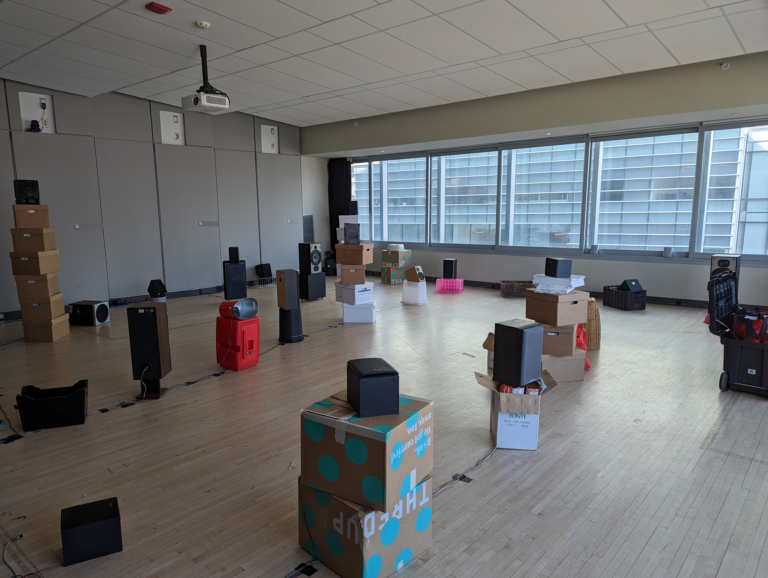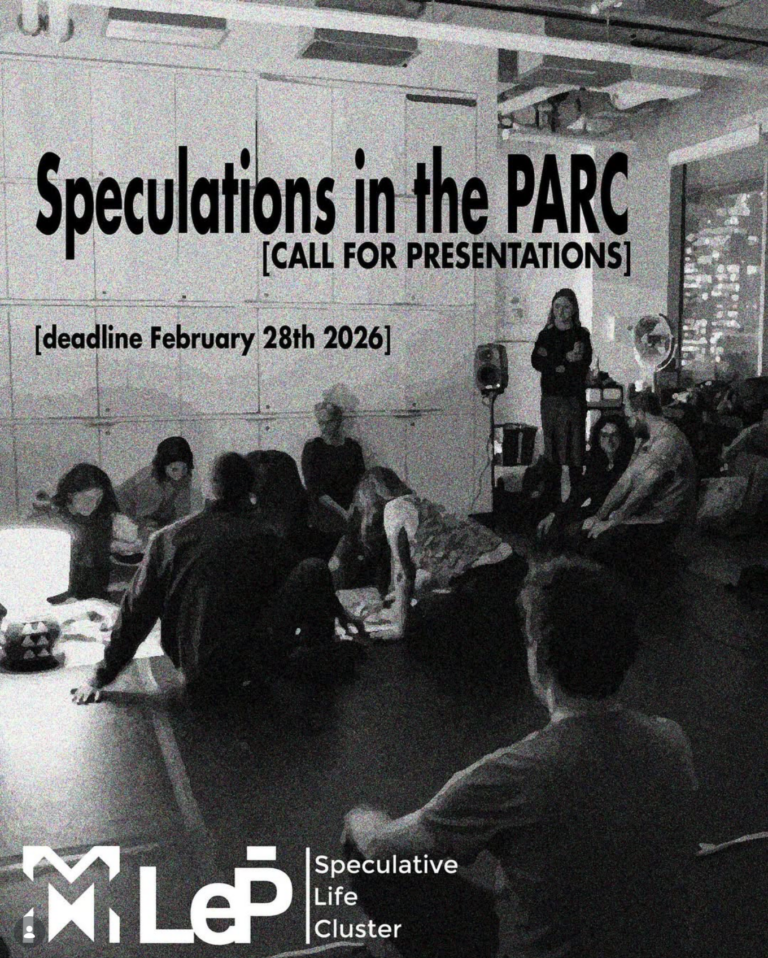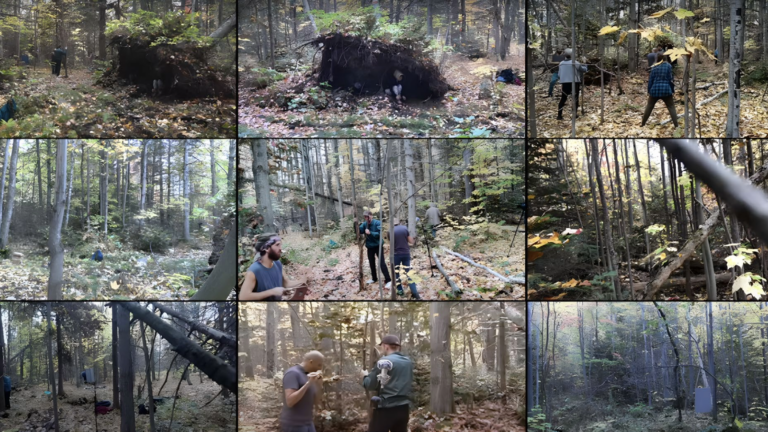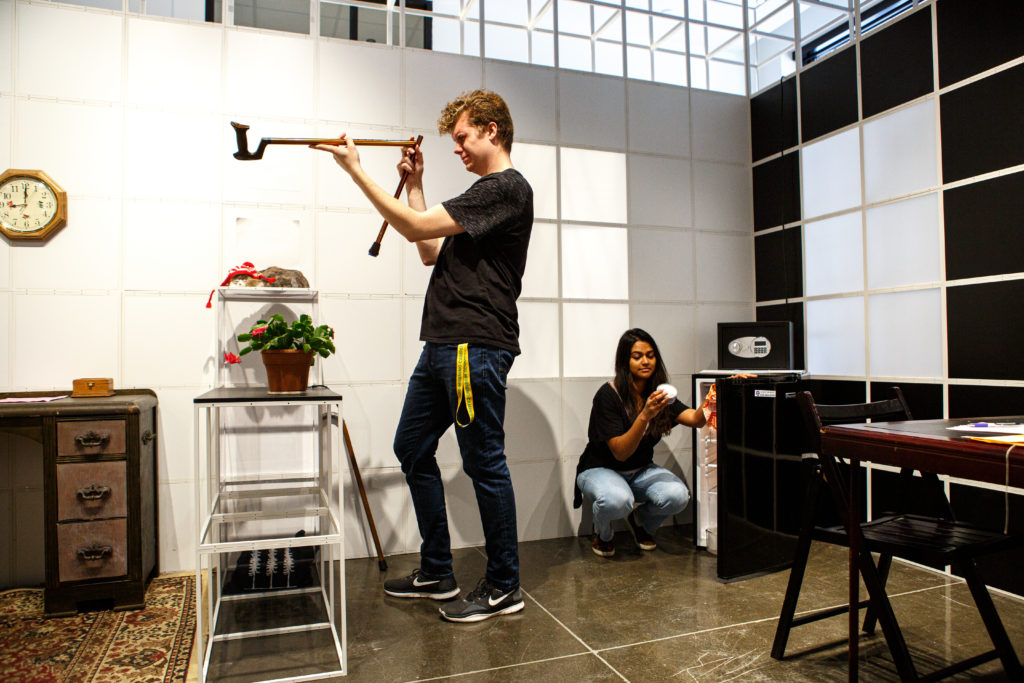
One day, you stop by your good friend Sandra’s studio apartment to drop off some medications. She’s an older woman who struggles with mobility, so the landlord lets you in. Looking around the apartment, you begin to notice subtle signs that don’t quite sit right with you. Canned goods are tucked under Sandra’s bed. Empty pill bottles lay about. The fridge has no food in it.
What do you do?
This is the narrative behind an escape room called “Sandra’s Keys,” co-developed by members of the Montreal community and researchers of the ACT project, an offshoot of Milieux’s Participatory Media cluster that’s led by Communications Professor Kim Sawchuk. The goal of the project was to raise awareness about elder abuse and mistreatment by harnessing the power of games in popular culture. The group’s collaborative work was recently published in The Computer Games Journal.
Over a period of two weeks, approximately 50 people, in groups of up to four, played the free, 30-minute escape game. Participants were instructed to find Sarah’s keys to get her out. Throughout the game, players encountered more signs of various kinds of abuse. For example, a voice recording plays from Sarah’s answering machine – it’s from her daughter.
In part, she says: “Hey Mom, sorry that I missed our last visit… It’s exhausting to get you into the car with your mobility issues. I’m not sure when it became my job to taxi you around.”
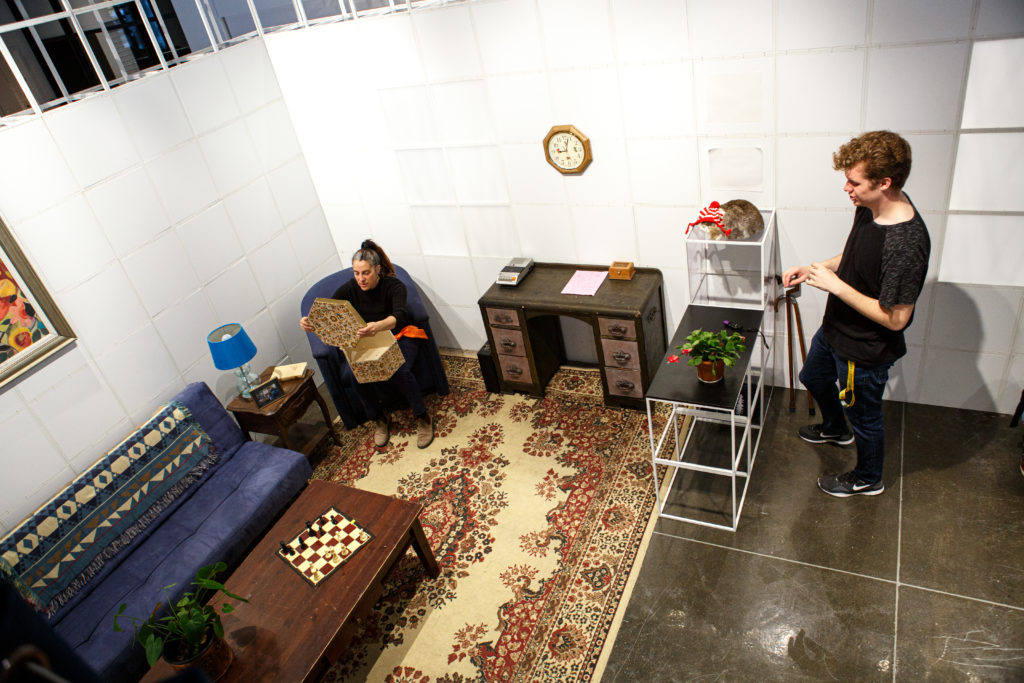
This clue is designed to raise the issue of psychological abuse, while others focus on the denial of rights, financial abuse, and physical abuse. Trained facilitators led players in a mandatory debrief session after the game to ensure the emotional well-being of everyone involved. Debriefs helped move the focus away from winning, as is usually the goal in commercial escape rooms. Instead, the group behind the project sought to give players the opportunity to briefly embody a role that engages with real-world scenarios that raise big ethical questions.
“Right now ageism and elder abuse are being talked about, and this pandemic is raising these issues to a higher level of visibility,” said Constance Lafontaine, associate director of the ACT project and researcher on the project. “There’s a need to use education to bring about social realization of ageism and discrimination. How do we make people recognize they can have a role in finding a solution, and that it’s not just a job for other people to come up with?”
Inclusivity and action were a major part of the way the research team approached this challenge. Rather than simply do research on older adults, they have spent years building collaborative relationships to do research with them. Experts on social gerontology from Centre de recherche et d’expertise en gérontologie sociale (CREGÉS) were also involved with designing “Sandra’s Keys.” In addition, ACT project drew in members of a group with home it has built a strong relationship over the years – Respecting Elders: Communities Against Abuse (RECAA).
The group is made up of older adult activists from Montreal who tackle elder abuse and the specific challenges faced by seniors who have recently immigrated to Québec. Back in 2014, ACT helped the group organize an epic flashmob on World Elder Abuse Awareness Day.
RECAA often works to raise awareness through theatrics. They were excited to repurpose elements of theater to build the escape game, including role playing, narrative, and props. The group’s interactive approach draws on literature on social justice education that encourages students to be active participants in the processes of education.
“I didn’t have a lot of knowledge of elder abuse and mistreatment before starting the project,” says researcher Scott DeJong, an MA student in Communications, said he appreciated that the experiences of the RECAA members were brought to the attention of younger generations. “Elder abuse is actually a cultural issue that generationally we need to work towards ending. You can be a witness – it’s just as much on you to call people out or recognize situations to help prevent it.”
The group is hosting a webinar about the social justice escape room on June 15, 2020 from noon to 1 p.m. ET with the CREGÉS Conference. To register: https://fr.surveymonkey.com/r/15-06-2020.
The Participatory Media cluster is a hub for research-creation work and co-design that is concerned with questions of social justice and accessibility. In response to the COVID-19 pandemic, the ACT project has launched a grocery ordering and delivery program for people 70 or older in the Notre-Dame-de-Grâce (NDG) neighbourhood of Montreal. To lear more, visit their website: https://www.groceries-ndg.ca/.

